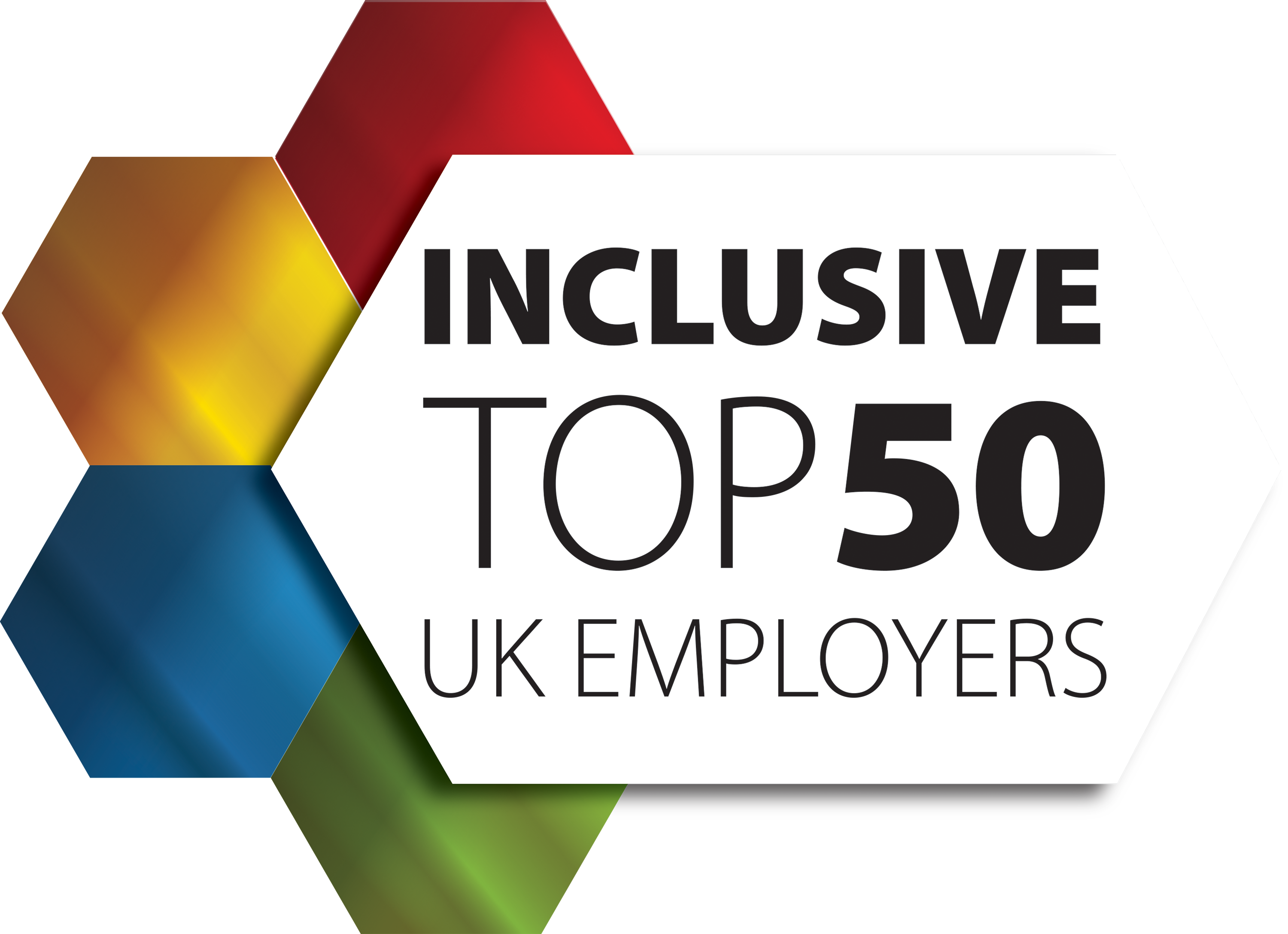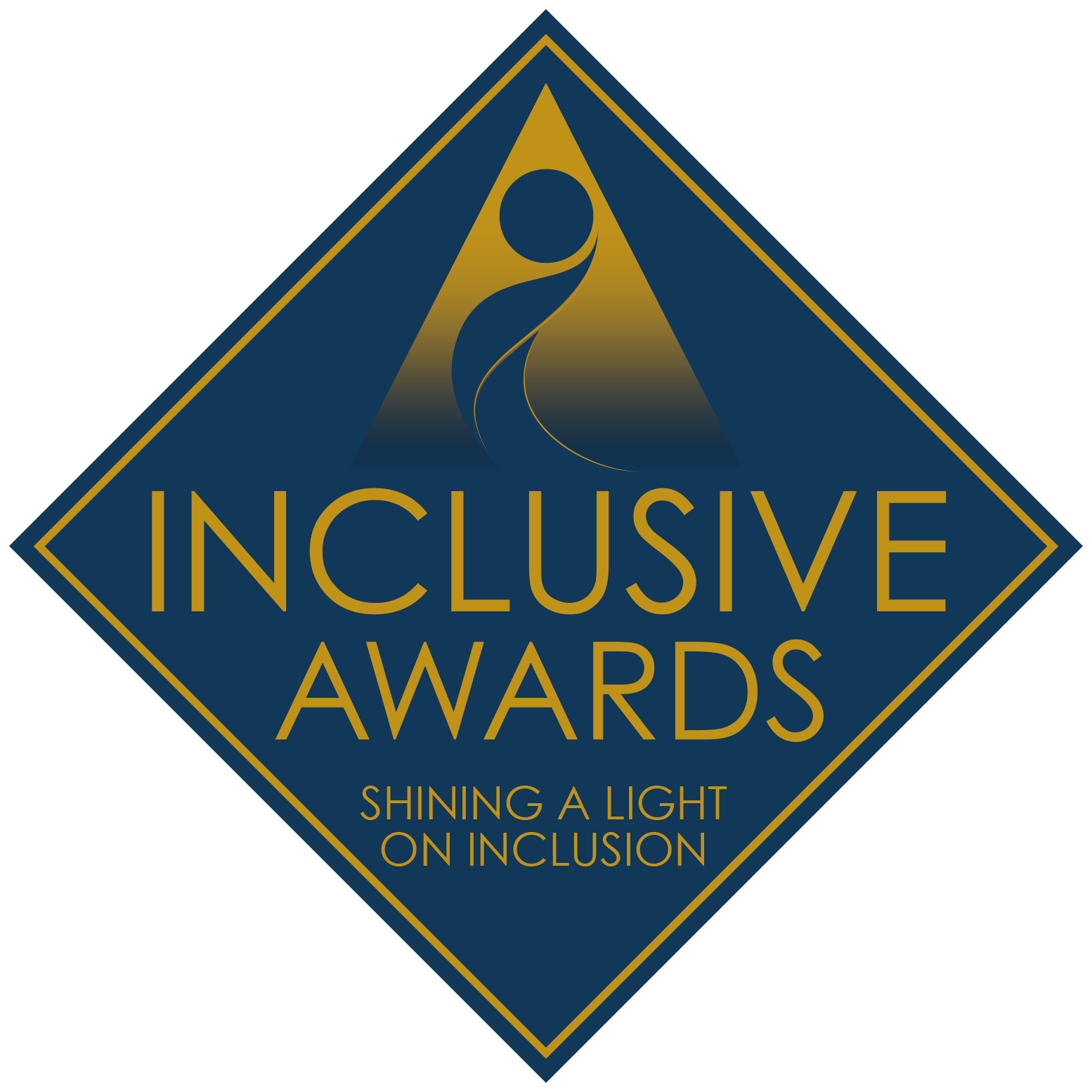Last year, Oxford Union came under fire when blind working-class Ghanian student Ebenezer Azamati was dragged out of one of its debating events. Brendan McGrath, the president of the union who has since stepped down, went as far as to call for a disciplinary meeting in which Ebenezer Azamati was charged with “guilty and violent” conduct.
Azamati told the BBC that after the incident he felt “unwelcome in the union, Oxford and even the country.” Although Oxford Union is actually a debating society, and separate to the University, its members are mostly Oxford students. The way the situation was dealt with by these students has sparked questions about inclusivity at UK universities, especially in regards to race, class, and disability. But this isn’t the only incident in recent years to happen at a university in the UK. So why do they keep happening? And do student unions, university societies, and perhaps the universities themselves have an inclusion problem?
Universities are meant to be places of education and inclusion in which to practise navigating society. But in reality, research shows that UK universities still have serious inclusion issues. A report by the government’s Equality & Human Rights Commission found that 1 in 20 students had left their studies due to racial harassment in the 2018-2019 academic year. It also discovered that a quarter of students from minority ethnic backgrounds, including non-British white students, had experienced harassment since starting their course at university. As theGuardian reports, black students reported the highest rate of racial harassment(29%). In light of this, when looking at the case of Ebenezer Azamati, it’s hard to ignore how his identities as both a black and disabled student may have intersected to compound exclusion. As Kamal Mohamed of the NUS Disabled Students Campaign puts it, “black disabled students experience systemic oppression in a way that is distinct from how either black or disabled students experience it.” Chloe Tear, a disability blogger and former SU Disability Officer, tells me what happened to Azamati was “completely unjustified and illustrated that work still needs to be done.” She adds: “Disabled students should just be seen as students, they pay the same amount of money to be there and deserve to be able to reach their potential.”
But how does an incident like the mistreatment of Azamati happen in the first place? I spoke to Sofia Akel, race equality in higher education specialist and associate lecturer, to find out. She explains that university societies are “semi-autonomous” groups for recreational activities outside of academic work – whether that’s Quidditch, knitting, or debating. Student unions, meanwhile, are run by representatives elected by students and are there to offer students support. Official societies have to be affiliated with their student union. What that means is the student union can make sure they have enough funding (in other words, “they do their accounting,” Akel says). However, if societies want to, they can also disassociate from the union, which means “they’re free to do what they want to do,” explains Akel.
When universities take too long to acknowledge these issues or intervene, students are fighting back using social media and the press.
Whether it’s racist WhatsApp messages from members of Exeter’s law society or Bristol University Cheerleading Society’s “chav” social, there’s no shortage of examples of offensive and exclusionary behaviour at UK universities. And it’s not the first time Oxford Union has come under fire. Journalist Afua Hirsh, who is also an Oxford alumni, said in an article about Ebenezer Azamati from November last year, “Oxford Union has a history of racism it has never acknowledged, which continues to infect its atmosphere and debates to this day.” Back in 2015, Oxford Union debating society was accused of racism after naming a cocktail served at a debate about the British Empire “colonial comeback.” It led to the Oxford Union BME officer, Esther Odejimi, resigning from her role. In a statement to Cherwell, Oxford University’s independent paper, she said: “It’s clear that my role was just an act of political correctness and they had no intention to actually engage with the BME rep position. I want nothing to do with them at all. I’m disgusted. Racism is definitely not dead.”









